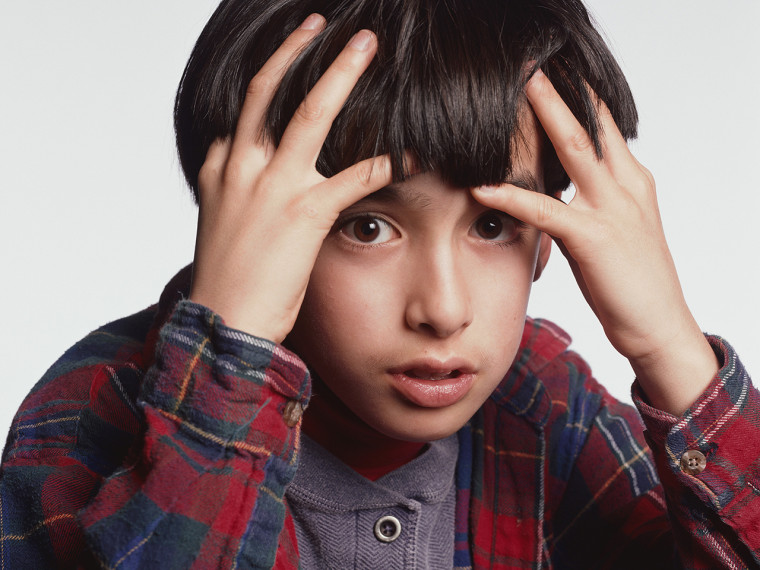I remember when my daughter first figured out that we don't always mean what we literally say. She'd been sick for a week and had gone out with her dad, also known as my ex, who opted to take her swimming in the dead of winter despite all the sniffling and hacking.
When she told me about it later, I muttered, "He took you swimming when you were sick. That's just great." To which she responded, "Are you joking or something?"
She was 7 at the time, and according to a new study, that's around the age that kids start to understand the concept of sarcasm—if they're empathetic. Before that they just take every word you say literally.
In general, kids start to realize that we sometimes mean the opposite of what we’re saying between the ages of 6 and 8, says Penny Pexman, a professor of psychology at the University of Calgary and co-author of the study which was published in Frontiers in Psychology.
That realization requires a big jump in sophistication.
“It’s a very tricky thing to recognize that people are deliberately hiding what they mean,” Pexman says. “Children have to listen and look beyond the words to what’s in the mind of the speaker and the emotion they’re trying to convey. Empathy seems to help children get beyond the literal meaning of the words.”
Pexman and her colleagues wondered why some kids got the joke earlier. They suspected that children who were more empathetic might be quicker to recognize the contradiction between what was being said and the tone and expression of the person saying it.

To test out their hypothesis, the researchers rounded up 31 kids who were between the ages of 8 and 9.
They asked the children’s parents to fill out a questionnaire designed to ferret out each kid’s level of empathy. Parents were asked, for example, to rate how true the following statements were:
My child shows concern for someone else who is upset.
My child likes to pull the legs off spiders.
Not many parents said their kids liked to torture spiders— which would have been a clear sign that empathy was lacking, Pexman says. More of them said their kids showed concern when someone was upset.
While the parents were filling out their questionnaires, the kids were watching puppet shows, some of which included comments that were sarcastic.
One, scenario, for example, involved snowboarding. “The puppets wear goggles and there’s artificial snow, Pexman explains. “There’s a jump and one of the puppets snowboards off the jump and lands badly, falling on his face. The other puppet comments, ‘That was so good.’”
At the end of each little show, the kids were asked to indicate whether the commenting puppet was being mean or nice. To make it easier for the kids, who might have problems expressing their feelings, the researchers set up a proxy for each answer: kids were to choose a duck toy when they meant “nice” and a shark toy when they meant “mean.”
When the researchers correlated the empathy findings with the responses to the puppet shows they saw a clear role for empathy: the more empathetic kids were, the more likely it was that they’d correctly identify sarcastic comments in the puppet shows.
After explaining the concept of sarcasm to my then 7-year-old daughter, I realized she was becoming more sophisticated and I was going to have to be a little more careful in choosing my words.